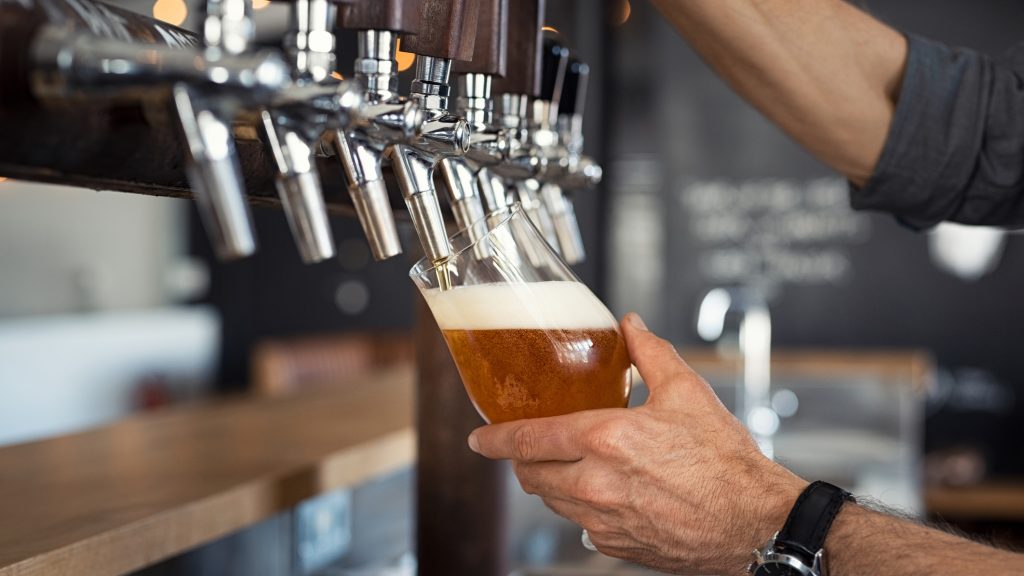‘A library being an equalizer’: KPL explains decision to go fine-free
Posted Mar 17, 2021 05:35:00 PM.
A dime here, a quarter there; for some, the odd late fee on a library card is mere pocket change. But for others, those fees can add up and might prevent them from accessing their local library at all.
Back in January, Kitchener Public Library became one of the latest of over 100 North American libraries to institute a fine-free borrowing system.
The aim is to allow everyone to have access to the library who needs it, regardless of late fees.
“The main reason why we chose to go fine free is it all comes down to access. The library is a place for everybody,” said Shirley Luu, manager of digital marketing at Kitchener Public Library.
“We say that in a lot of our promotional materials, and that’s how we position the library, but then there was always this awkward component that we also have fines and we penalize people who don’t return our items.”
Prior to this program, Kitchener Public Library had 11,000 members who couldn’t check out books because they had $20 or more in outstanding fees. 15 percent of those 11,000 members were children.
KPL considered going fine-free for a few years, but saw success stories at other libraries like the Chicago Public Library, which saw a 240% increase in returned books the month after eliminating late fees.
The Kitchener Public Library transitioned away from overdue fines beginning in 2020, as they didn’t charge fees during the pandemic. Now that they’re fine-free, members need not worry about returning a book a few days past its due date.
“What we’re hoping to do is that there’s nothing preventing them from coming to the library,” Luu said. “We don’t want there to be any hesitation. We’re just trying to re-engage those groups who felt like they shouldn’t come to the library or they can’t anymore because they have fines.”
Whether they live in rural areas and can’t return materials on time, or they have a real page-turner on their hands, library card holders can take an extra day or two with their books and not worry about extra charges anymore.
One might assume that late fees bring in a decent revenue stream for libraries, but in actuality, late fees only account for 0.5 percent of KPL’s total revenue, and it’s been on the decline for the last five years.
Other libraries across North America cited similar results. San Francisco Public Library reported overdue fines accounted for only 0.2 percent of their operating budget before going fine-free.
Many libraries with similar initiatives reported seeing better relationships with their patrons after eliminating fines. The endgame was to give more people more access to free resources at their local library.
“I think people are very supporting of this idea of a library being an equalizer in the world and that we shouldn't punish people who can’t pay their fines, for whatever reason,” Luu said.
With the new fine-free system, patrons can borrow items for up to three weeks, and KPL sends reminders when an item is a week past due, three weeks and six weeks past due. If items aren’t returned after 60 days, customers could incur a replacement bill for their materials.
Last year, the Kitchener Public Library saw a spike in their online services as their doors were closed to in-person visits for several months. Digital materials like audio books and e-books saw a 25 percent increase, and online database usage went up by 32 percent in 2020.
With limited options for families to stay active outdoors this winter, many took advantage of KPL’s new skate rentals, which quickly became a popular program at the library.
“People are looking for any reason to go outside,” Luu said. “It also happens that there’s a rink outside the central location at KPL, on Ahrens Street, so it’s really convenient.
“Everyone’s excited about the program, but especially families, because kids grow out of skates very quickly. We find that families have been extra excited about the program.”








